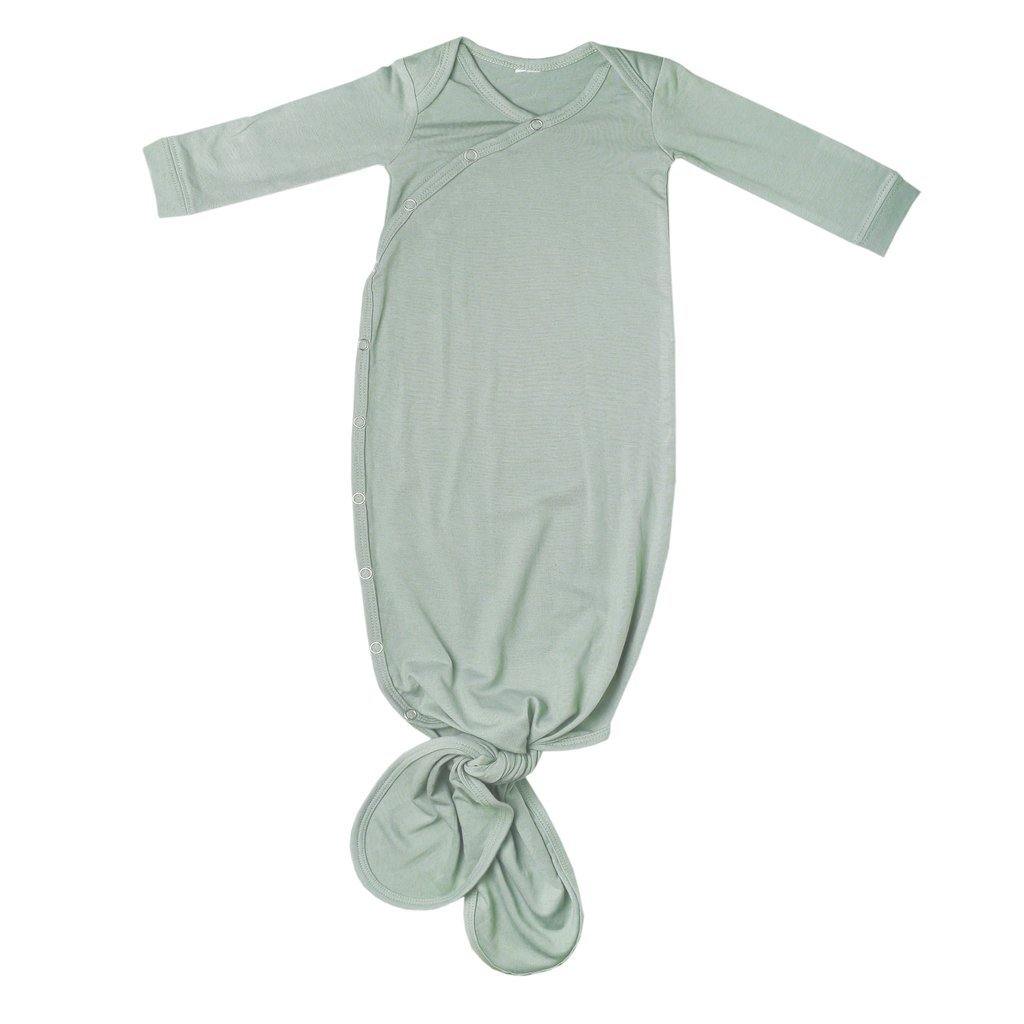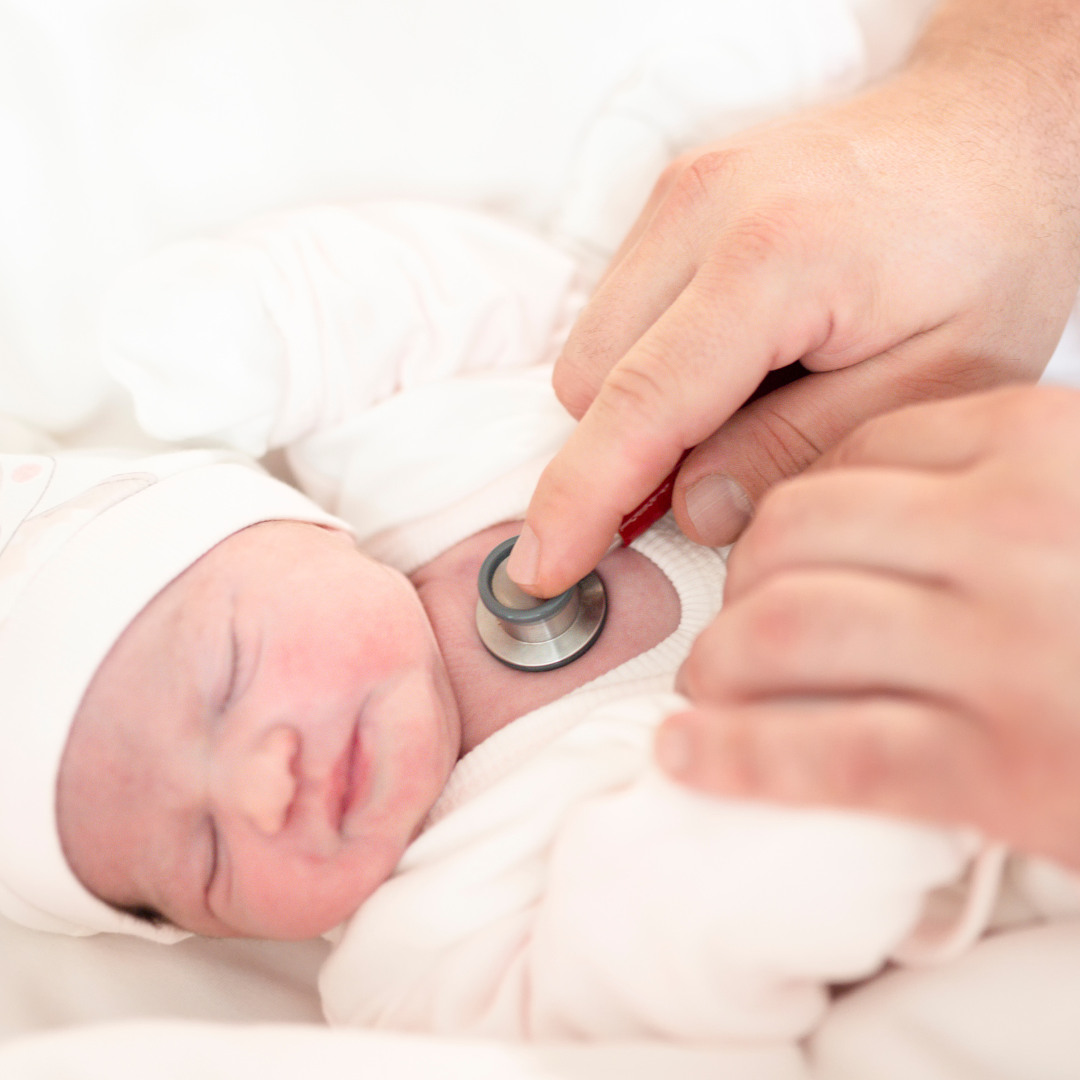See, here’s the thing about having a baby. The whole 9+ months before the baby arrived I spent all this time and energy thinking about and planning for all the fun stuff. The name, the nursery decor, the coming home outfit, the baby registry. I researched my birth options and developed a birth plan. But, I didn’t think too much about what happens in the hospital after delivery, specifically all the tests and procedures that need to be done with the baby. Luckily, as a Pediatric Nurse Practitioner, I was already familiar with most things; but, it still felt stressful making sure the baby was fine and healthy. So, here’s a guide of the most common newborn medical stuff. Save this post as a reference for those blurry post-partum days.
APGAR Scores
Immediately after delivery at 1 minute and 5 minutes your baby will have his very first test. The APGAR score is used to quickly determine how the baby is doing and if he/she needs any extra medical attention.
The APGAR is based on 5 categories; appearance (color), pulse (heart rate), grimace (reflexes/response), activity (muscle tone), and respiratory (breathing). The baby will receive a score with a maximum of 10 points.
An 8 or higher is a good score, but very few babies ever receive 10 points. The APGAR score tells you if the baby needs immediate help or not, but does not give any indication of how the baby is going to do long-term. Your doctor will tell you if they are concerned about the baby’s APGAR score.
Antibiotic Eye Ointment
Shortly after delivery, your baby will get some antibiotic ointment (usually erythromycin) in their eyes. This is to kill any bacteria or infections that could have gotten into the eyes during delivery. The ointment doesn’t hurt or bother the baby. But, can prevent eye infections that could potentially lead to blindness if not treated. The worst culprits are sexually transmitted infections (STIs) so if you suspect that you might have an STI, let your doctor know prior to delivery.
Vitamin K Shot
Within the first hour of delivery, your baby will get a vitamin K shot. This is not an immunization. The vitamin K injection is given to prevent dangerous hemorrhaging caused by a vitamin K deficiency. Vitamin K helps your blood to clot. There is a small number of babies who are born without enough Vitamin K and so, to prevent possible life-threatening hemorrhage, every baby receives Vitamin K injection immediately after delivery.
Glucose Checks
Sometimes after delivery babies have a hard time keeping their blood sugars regulated. Especially in babies that are a little early (before 37 weeks) or a little late (after 41 weeks). Or, if you had gestational diabetes. High or low blood sugars can be dangerous, so if there is any concern about the blood sugar levels, the nurses will check blood sugar by pricking the baby’s heel.
Weight
It is normal for babies to lose weight after delivery. Up to 10% weight loss is normal and expected. Babies should gain the weight back and be back to birth weight by their 2 week visit. Your baby will be weighed regularly while in the hospital to make sure he/she is not losing too much weight. If your baby is losing too much weight you may be asked to supplement feedings with some formula.
Your milk will not come in until about day 3 (that is normal and expected, so don’t panic in the first couple days that you don’t have milk!). If breastfeeding is important to you, you can ask for a supplemental nursing system (SNS), which is a long catheter with a syringe that allows flow of formula while your baby is latched on and breastfeeding.
Lots of skin to skin and putting the baby to the breast as often as possible during those first few days will help you to bring in your milk supply and help your baby re-gain the weight right on track.
Bilirubin
After delivery, the nurses and doctors will measure your baby’s bilirubin level in the blood a few times by pricking the heel and collecting a sample. Bilirubin is produced by the normal process of the breakdown of red blood cells in the body. Normally, bilirubin is then processed in the liver and excreted.
Right after delivery, babies are breaking down red blood cells at a faster rate than adults. Also, their livers are sometimes still a bit immature and can’t keep up with the red blood cell turnover. Therefore, bilirubin builds up in the body and causes jaundice, a yellowing of the skin and eyes.
Jaundice usually appears on the 2nd or 3rd day of life. Most of the time the jaundice goes away after 1 or 2 weeks. Occasionally the bilirubin level starts to climb too high, putting the baby at risk of complications so the doctors will use a special light, phototherapy, to help get rid of the bilirubin. The lights change the makeup of the bilirubin so that it can be excreted in the urine.
Newborn Screen
The newborn screen is a blood test that checks for multiple different genetic abnormalities. The newborn screen is run by the state. It looks for diseases that could be dangerous to baby if missed, like sickle cell disease, PKU disease, or severe combined immune deficiency.
The test is done by collecting blood (likely from the baby’s heel) after they are at least 24 hours old. The results will not come back for about a week or so, and if it is normal you probably won’t hear anything about it. The newborn screen varies slightly state by state but is a national program to screen for potential problems that could be treated and or cured. The newborn screen can save lives and prevent problems from worsening.
Hearing Test
Sometime prior to discharge, the audiologist (hearing specialist) will take your baby for a hearing screen. The hearing test uses electrodes to measure the sound as it bounces off the eardrum.
If your baby doesn’t pass the hearing test, they will be retested a few weeks later to confirm. Sometimes amniotic fluid can be trapped in the baby’s ears and the hearing loss will resolve as the fluid dries up.
Circumcision
If you choose to have your boys circumcised you may have it done sometime in the first couple of weeks of the baby’s life. Often the pediatrician is willing to do the circumcision in the hospital before you are discharged, or it can be done in the pediatrician’s office a few days later.
Circumcision is a personal decision, without strong medical evidence supporting one side or the other. Discuss with your partner and try to make the decision ahead of delivery, as you will only have a short window to do it.
Hepatitis B Immunization
Hepatitis B is a virus that is passed through sexual activity, blood or body fluids. The Hepatitis B vaccine is a series of three immunizations with the first one shortly after birth. So, why the rush immediately after delivery if your baby is not going to be involved in sexual activity or IV drug use? Well, hepatitis B is a public health risk and causes sever damage to the liver and liver failure.
During delivery, the baby is exposed to mom’s blood and body fluids so there is a potential infectious risk. Can you refuse it? Sure. If you, the mother, are low-risk for Hepatitis B, you could choose to delay the immunization until later. Hepatitis B is included in the routine infant immunization series so they can get their hepatitis B immunization when they do the others at 2 months, 4 months, and 6 months.
Is it safe? Yes. Lots of studies have found it to be safe and effective. Hepatitis B is a preventable disease that can be fatal, so the immunization helps to prevent the infection and spread of this disease.
Hopefully this helps you feel more comfortable and confident after delivery when talking to the pediatrician about what tests are involved. If there are any other questions or things I didn’t cover, let me know in the comments and I will try to answer!
Written by Micalena Perkins






